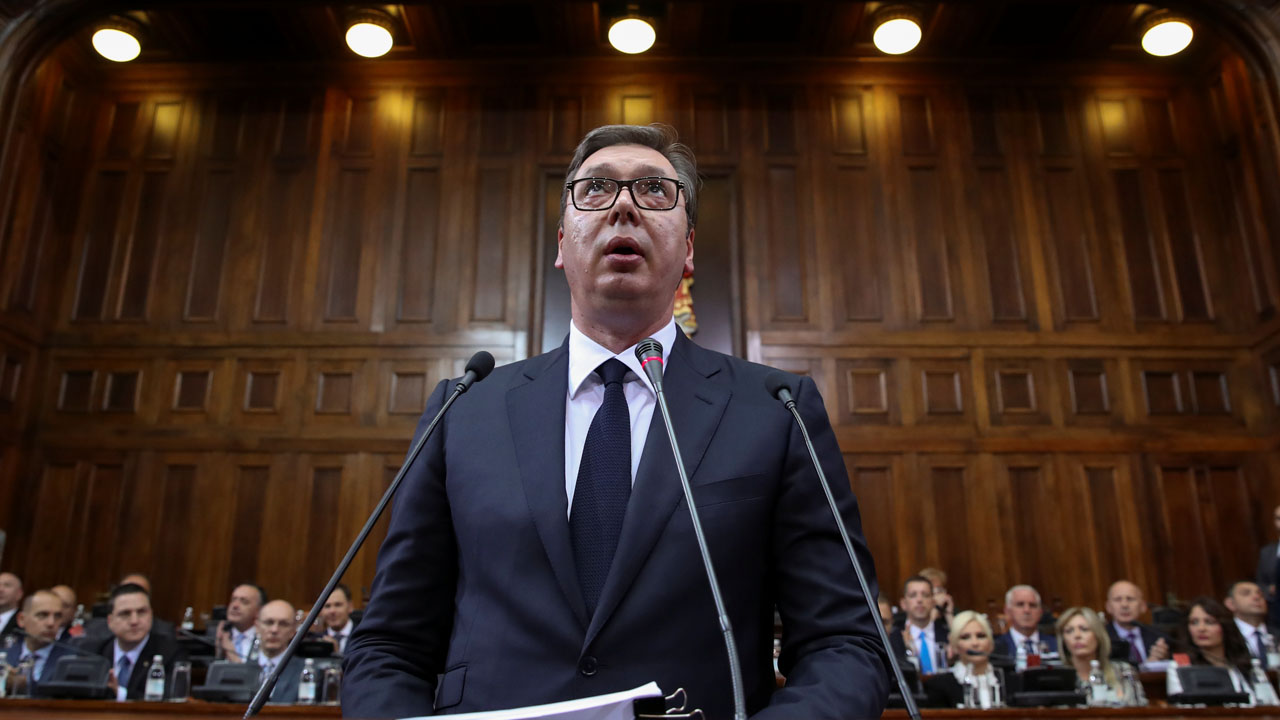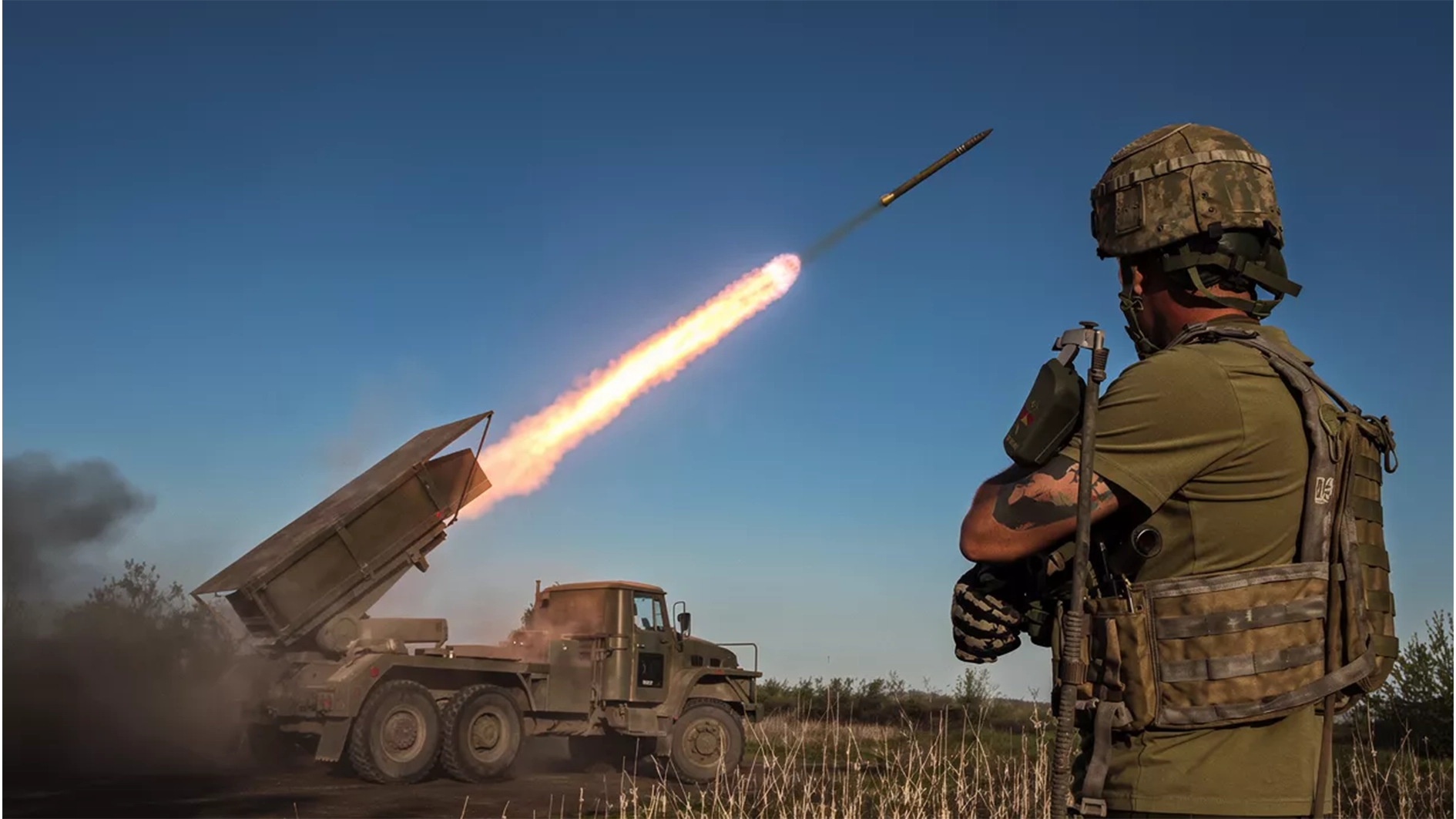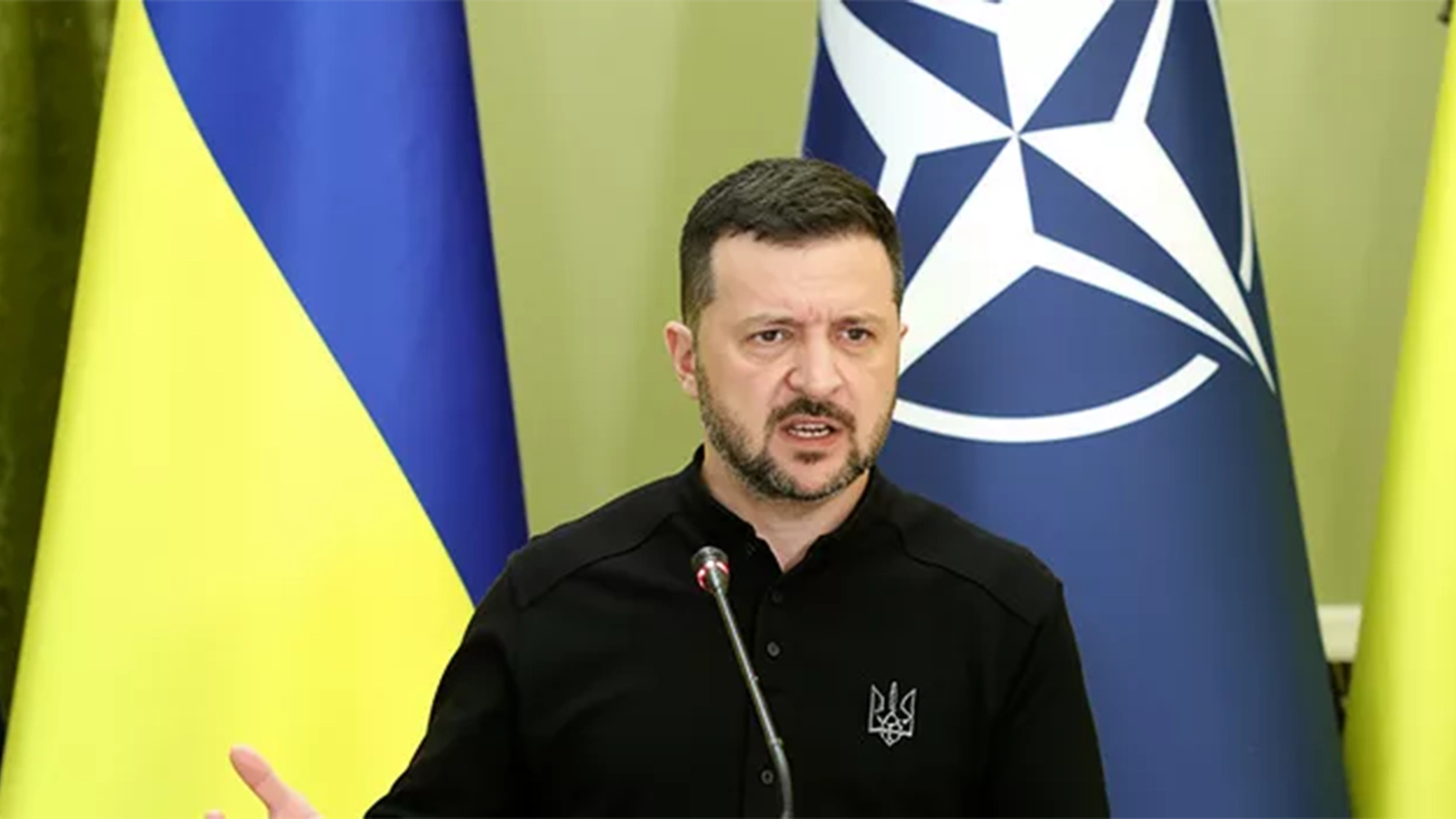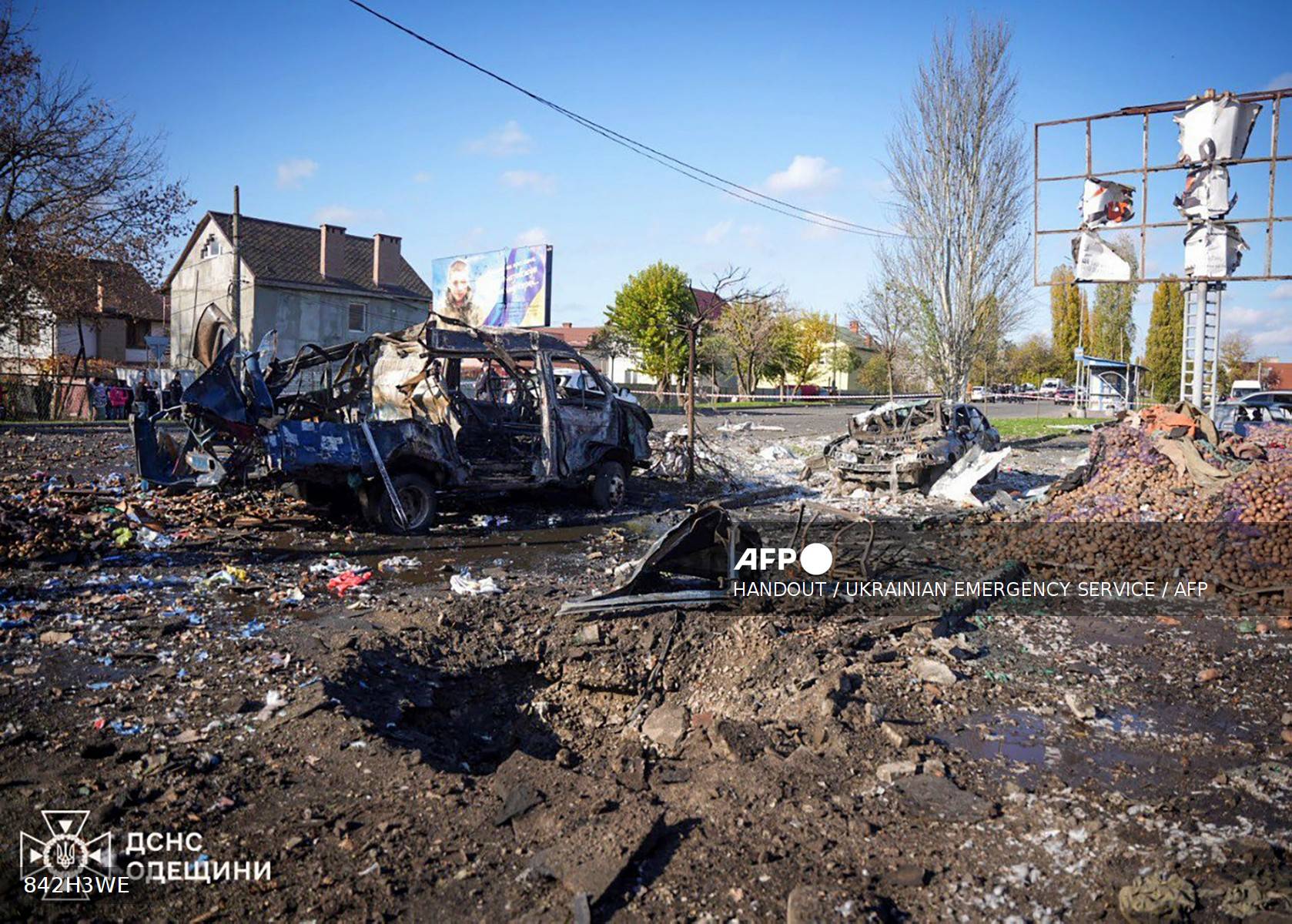
Serbia’s leader Aleksandar Vucic claimed a landslide victory in general elections Sunday paving the way for another term as president and extending his decade-long rule in the Balkan nation.
Official results were set to be announced late Monday but Vucic appeared confident in his commanding performance just hours after the polls closed, saying a run-off would not be needed.
“I am pleased that a huge number of people voted and showed the democratic nature of Serbian society,” Vucic announced during a televised victory speech, saying he secured roughly 60 percent of the vote.
“There was no suspense at any time,” he added.
The country of around seven million took to the polls to elect the president and members of the 250-seat parliament and cast votes in several municipal contests.
Surveys ahead of the polls predicted Vucic’s centre-right Serbian Progressive Party (SNS) would maintain its control over the parliament, while the president would secure a second term.
“Personally, I see stable progress and I voted in accordance with this opinion,” Milovan Krstic, a 52-year-old government employee, told AFP after casting his vote in Belgrade.
Russia’s invasion of Ukraine cast a long shadow over the contest that observers had earlier predicted would focus on environmental issues, corruption and rights.
Vucic deftly used the return of war in Europe along with the coronavirus pandemic to his advantage, promising voters continued stability amid uncertain headwinds.
“The influence of the Ukrainian crisis on the election results was huge,” the president said in his victory speech.
Following Vucic’s speech, Serbia’s leading opposition candidate Zdravko Ponos remained defiant.
“These elections are (the) beginning of the end of Aleksandar Vucic… we will not waste this,” said Ponos.
In the capital Belgrade, the elections were briefly marred by scuffles between parliamentary candidate Pavle Grbovic and supporters of Vucic’s SNS, along with scattered reports of small skirmishes and voter intimidation.
During his victory speech later, Vucic dismissed any allegations of foul play.
The country’s election commission predicted voter turnout would likely hover around 60 percent, nearly a 10-point jump from the last general elections in 2020.
Serbs from the former breakaway province of Kosovo also participated in the contest and boarded around 40 buses headed north to vote, after authorities in Pristina refused to allow polling stations on its soil.
– Decade in power –
Only a few months before the polls, the opposition seemed to have gained momentum.
In January, Vucic axed a controversial lithium mine project following mass protests that saw tens of thousands take to the streets.
The move was a rare defeat for Vucic, who has rotated through a range of positions, including prime minister, president and deputy premier along with a stint as the defence chief during a decade in power.
During the run-up to the elections, surveys predicted Vucic would win again on Sunday even as the opposition had hoped a high turnout could force a run-off.
Analysts, however, said the opposition had little chance of dethroning Vucic or eating away at his commanding parliamentary coalition, which holds a lion’s share of the seats.
The president has also carefully managed the country’s response to the war in Ukraine by officially condemning Russia at the United Nations but stopping short of sanctioning Moscow at home, where many Serbs hold a favourable view of the Kremlin.
The opposition in turn has largely refrained from attacking Vucic’s position on the conflict, fearing any call for harsher measures against Russia would backfire at the ballot box.
Vucic also headed into elections with a plethora of other advantages.
Following a decade at the helm, he has increasingly tightened his grip over the various levers of power, including de facto control over much of the media and government services.
In the months leading up to the campaign, the president rolled out a range of financial aid offers to select groups, prompting critics to say he was trying to “buy” votes before the contest.






